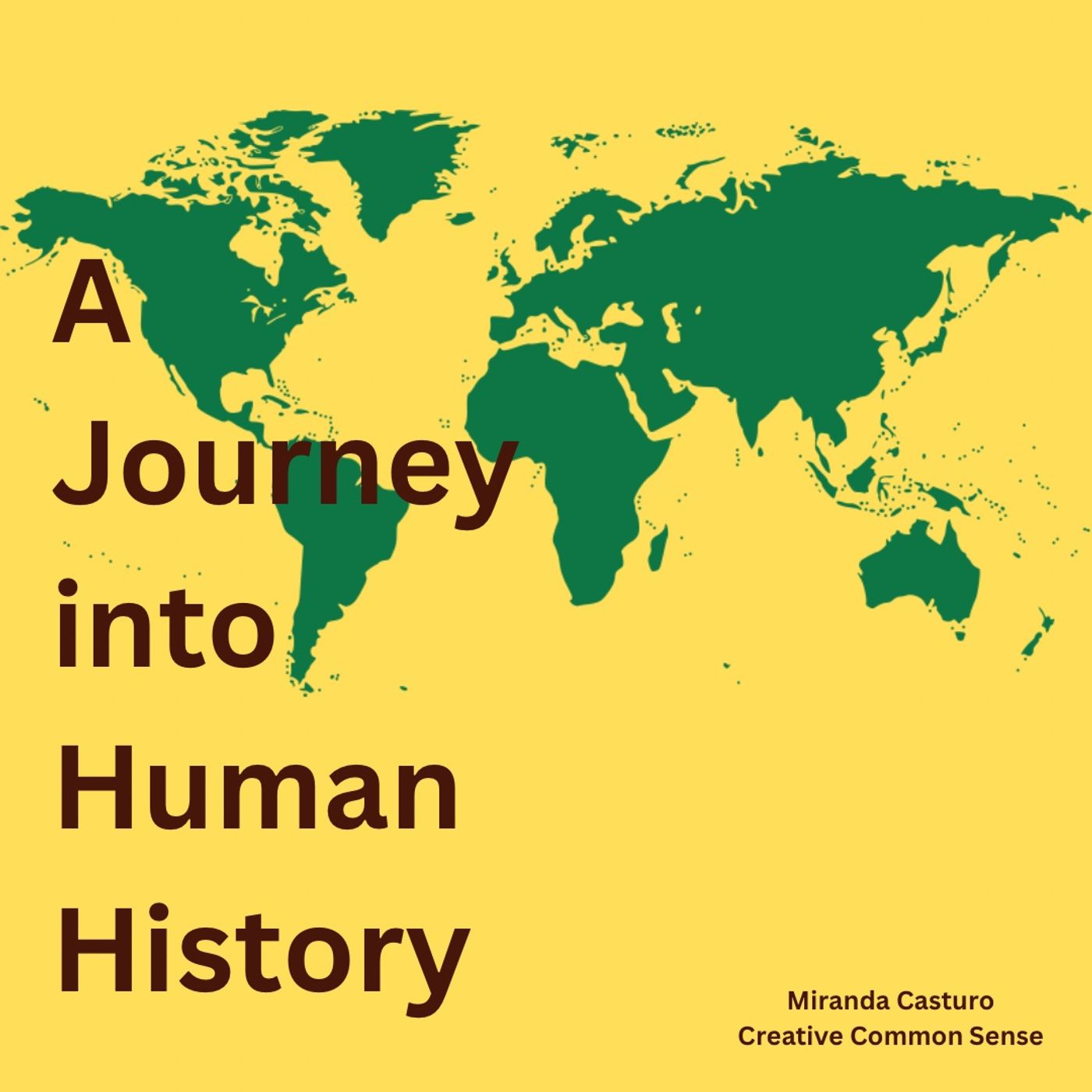The Trans-Saharan Slave Trade (Corrected Audio)
Description
Kanem-Bornu, which dominated Central Sudan and maintained an active caravan trade with the states of North Africa in the thirteenth century, was destabilized by revolts and rebellions in the fourteenth century. Although it regained preeminence in the sixteenth century, by the end of that century, its power was at an end. The collapse of both Songhai and Kanem-Bornu allowed emergent polities like Dahomey, Oyo, and Segou to flourish, but tensions soon arose among them as competition for trade escalated. As warfare became commonplace, trans-Saharan trade was severely disrupted.
At the same time, European powers such as Portugal began making steady inroads into African trade, establishing trading posts along the coasts in regions like Whydah. By the eighteenth century, the European demand for enslaved captives and the desire of African chiefs to exploit opportunities for financial gain reoriented trans-Saharan trade away from traditional markets, such as those along the Mediterranean coast, to coastal West Africa, with new emphasis on the acquisition and transport of captives. Many of the coastal states became little more than arteries through which passed the caravans of captives destined for the markets of European slavers.
All images referenced in this podcast can be found at https://openstax.org/books/world-history-volume-2/pages/3-4-the-trans-saharan-slave-trade
Welcome to A Journey into Human History.
This podcast will attempt to tell the whole human story.
The content contained in this podcast was produced by OpenStax and is licensed under a Creative Commons Attribution License.
Access for free at https://openstax.org/books/world-history-volume-2/pages/1-introduction
Podcast produced by Miranda Casturo as a Creative Common Sense production.
More Episodes
Over the course of the eighteenth century, a series of famines and economic crises deepened wealth inequality and narrowed access to political power on both sides of the Atlantic. As the growing influence of the public sphere and Enlightenment ideas of equality and liberty shaped opposition to...
Published 12/25/23
Published 12/25/23
Over the course of the seventeenth and eighteenth centuries, the public sphere became an increasingly important component in the spread and development of Enlightenment ideas. As networks of informal socialization and intellectual exchange, coffeehouses provided a setting in which people from all...
Published 12/22/23


